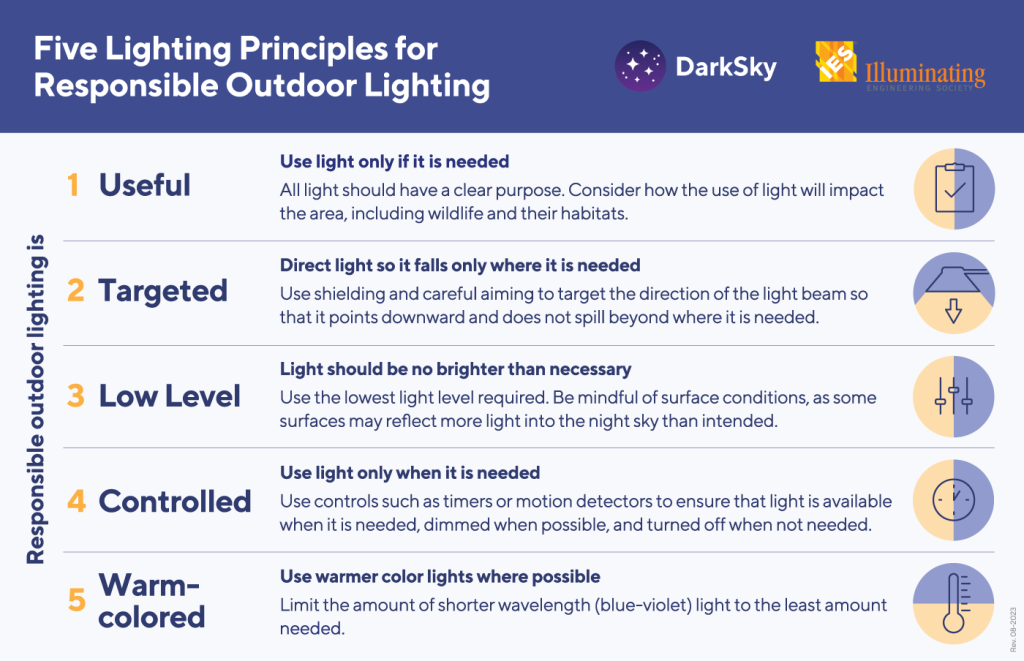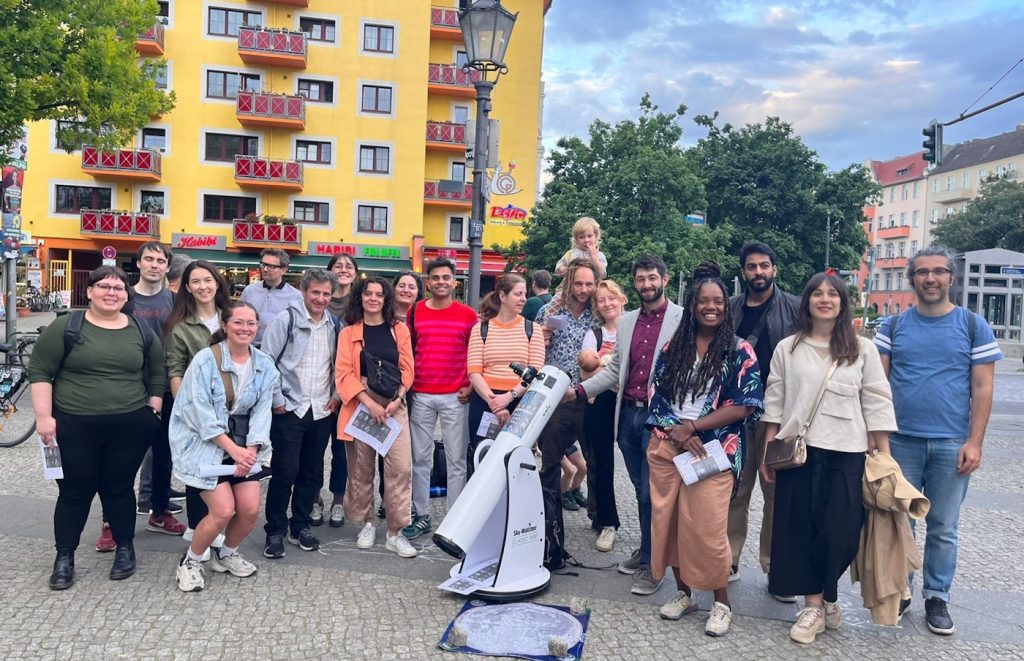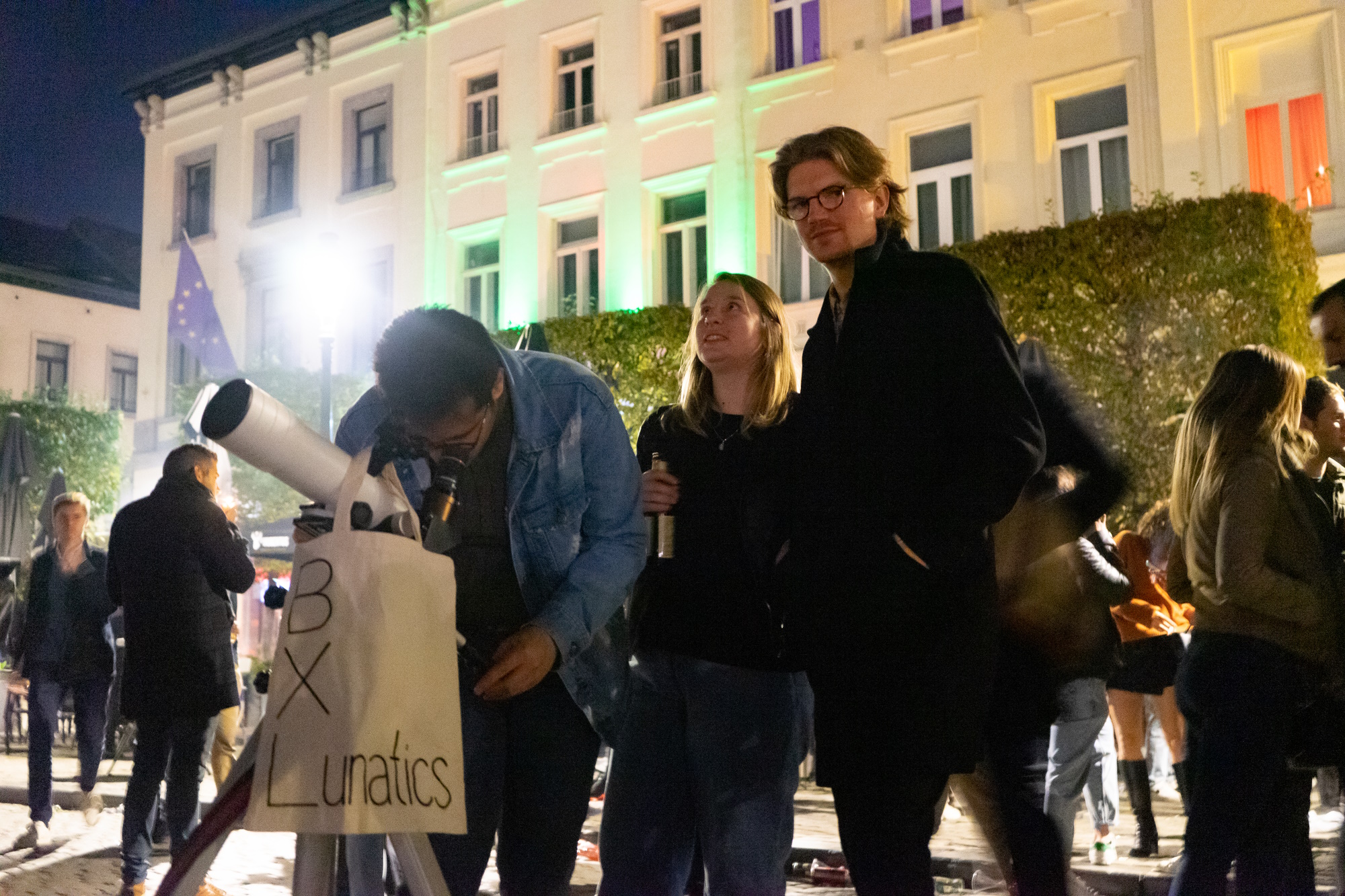The planet Neptune was discovered in the city center of Berlin. In the year 1846. 200 years ago, it was still possible to glimpse the edge of the known Universe, even from a massive city. Then came the electric lightbulb. By 1913, that observatory was demolished and moved outside of town, already because of light pollution.
Light pollution is any light that goes up into the sky. Or comes in through your bedrooom window at night. Or from office buildings and shop windows when it isn’t needed. It affects all living beings on this world. It is growing at 6.5%/year in Europe, and 13%/year in North America. You should know about it’s harmful effects on your sleep, insects, and ecosystems. Air and water pollution have legal limits in many countries, but light is as yet still not classified as a pollutant.
At the same time, more and more people grow up without a night sky. An estimated 80% of the world’s population cannot see the Milky Way, the galaxy we live in. In the USA alone, it is estimated that $3.000.000.000 is spent on the electricity of light directed upward. Is it ironic that we can launch telescopes into space, and make photos of the edge of the Universe, while meanwhile from our homes the evidence is disappearing? From the site of the old Berlin observatory, one can barely make out Saturn among the glow of stadium lights.


We use telescopes to fight light pollution. When people look into the night sky – they are reminded of what is missing. It is a way to create organic dialogue about the lighting in our communities. Light designers, architects, astronomers and neighbors all meet in front of a telescope. The topic naturally emerges. “It’s so bright here! Can you really see anything in the sky?” Through one by one conversations, we give people the vocabulary to better understand the lighting in their environment. There are worldwide efforts to fix light pollution such as Dark Sky International that you can join. New thinkers in light design are emerging, showing that balance between safety and nature are possible. We must demand smarter solutions from lighting manufacturers and our governments.
Our time on Earth is limited, and we are very small. Let’s find solutions together.
More information:
About Dark Sky International
About Growing Light Pollution
About harm to Sleep
About harm to Insects
About energy waste

